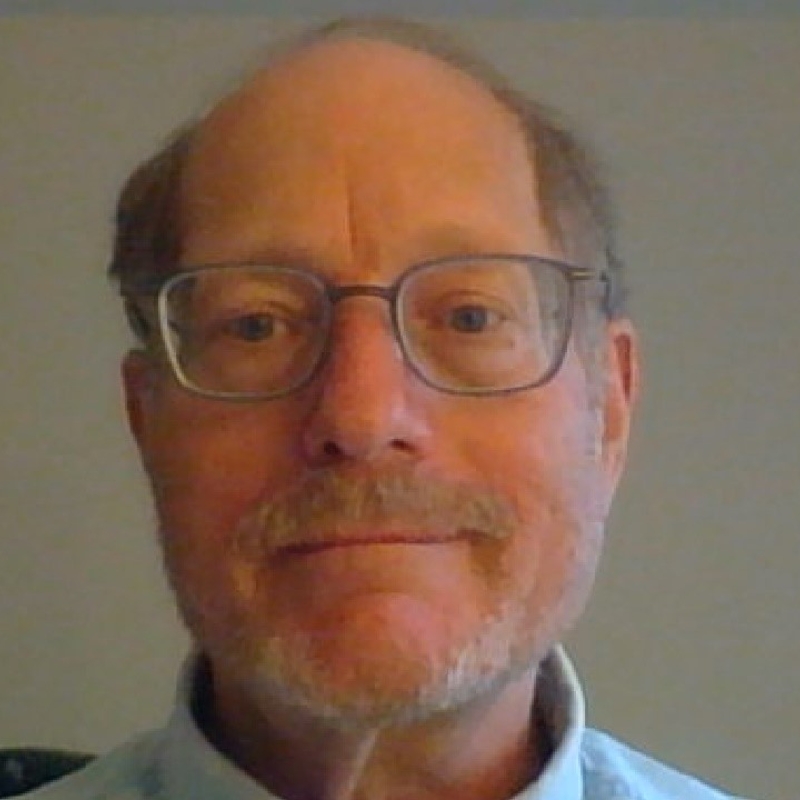The Torah portion Re’eh includes a famous and troubling line: “For you are a people consecrated to the Eternal your God; the Eternal your God chose you from among all other peoples on earth to be a treasured people.” (Deuteronomy 14:2)
What does it mean to be chosen and treasured by God? Is this poetic image, reinforced at so many places in the Torah and the traditional prayer book, meaningful or harmful? Are Jews “better” than other people? How do we reconcile this special relationship — woven deeply into Jewish texts — with other texts, especially the creation story in Genesis where all humanity is created in the image of God, long before there are different peoples and certainly no Israelites?
Find more commentaries on Re’eh.
Mordecai Kaplan, founder of Reconstructionist Judaism, delivered forceful critiques of chosenness in the mid-twentieth century. He saw this idea as a historical development, but no longer one that was harmless or served to sustain an oppressed minority. Kaplan stated that belief in being “chosen” leads to claims of Jewish superiority — something untrue and incompatible with a democratic society. He rejected the idea that this concept was necessary for Jewish survival today. “By no kind of dialectics is it possible to remove the odium of comparison from any reinterpretation of an idea which makes invidious distinctions between one people and another.” (“The Future of the American Jew,” emphasis in original.)
In the Reconstructionist siddur, prayers such as the Friday night kiddush, the blessing before reading the Torah, and the Aleinu prayer are re-worded to drop chosenness. Other prayer books have also made some moves in this direction. The Reform Movement in the U.S. created a prayer book that includes several alternative readings for Aleinu, as does the Israeli Masorti [Conservative] siddur. The newest Israeli Reform siddur (finished in 2021) does not drop the idea of chosenness, but in several places — including the Torah blessings — offers a radical re-working as an alternative: A few letters change to convert the traditional “who has chosen us from all peoples” to “who has chosen us with all peoples.”
This discussion is not only about synagogue texts and prayers. Today, especially in Israel, there are much more frequent assertions of “Jewish superiority.” Professor Menachem Klein says, “…The new Judaism — Israeli Judaism it should be said — identifies sovereignty and the rule wielded in its name, with Jewish supremacy and oppression.” (“Israel’s Rule Over the Palestinians Has Created a New Judaism”) Rabbi Sharon Brous says, “As painful as it is, we must affirm that Jewish supremacy poses a real and present danger to the Jewish State and to the Jewish people.” (“Tears of Zion”) Events since October 7, 2023, have magnified these tendencies.
Yet other texts provide a different framework. Leviticus 19:2 says “You shall be holy…” not “you are already holy. “ Orthodox iconoclast Yeshayahu Leibowitz wrote, “The uniqueness of the People Israel is not a fact; it is a task. The holiness of Israel is not a reality but a role.” (“The Uniqueness of the People Israel”) Like challenges to patriarchy in Judaism, contemporary Jews need to continue to confront the problematic texts in the centuries of biblical, rabbinic, and later works.
Sign up to receive (M)oral Torah in your inbox each week.
The continuing war, violence against Palestinians by West Bank “religious” Jews, and crises in Israel have accelerated the need for an active role from American Jews who support different views of Judaism. Writing before the current war, Rabbi Amy Klein — who lives in the Upper Galilee in Israel and is a leader in protests against policies of the current Israeli government — wrote about the aftermath of a pogrom by Jewish settlers against the West Bank Palestinian city of Huwara. “Huwara has legitimized speaking out against racism at demonstrations to save Israel’s democracy,” (RRA Connection, Early Spring, 2023).
Menachem Klein wrote, “Another possibility, which hasn’t yet been tried, is to find a Jewish theological and historic basis for sharing sovereignty with non-Jews.” We need to learn from and add our North American Jewish voices and insights, liberal and traditional, to those Israelis — including those in groups such as Rabbis for Human Rights and the Ha-smol ha-emuni [Faithful Left] — working to strengthen varieties of Judaism based on tzedek (justice) and shalom (peace). If Jews are to express some sense of being “treasured,” we need new religious perspectives recognizing everyone as created in God’s image.
Rabbi Robert Tabak is a retired hospital chaplain and editor of the Reconstructionist Rabbinical Association’s RRA Connection. He lives in the Philadelphia area and is an active member of Minyan Dorshei Derekh.

